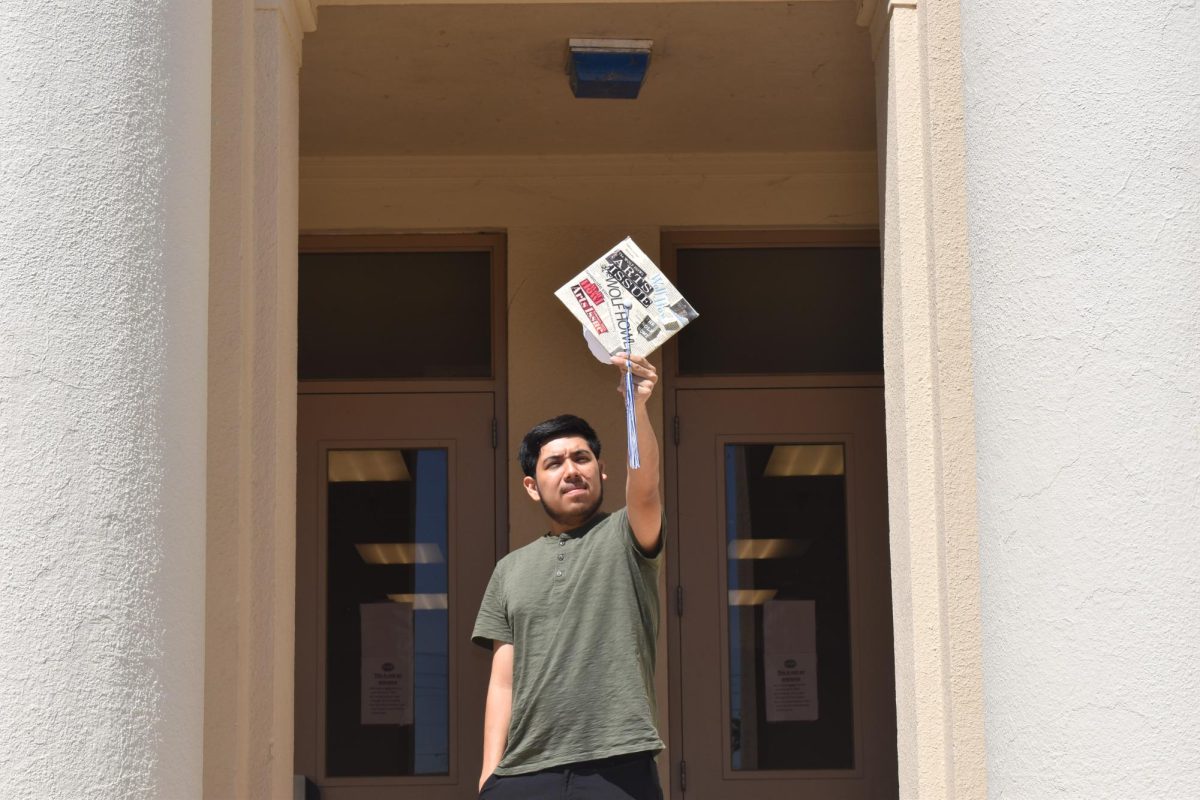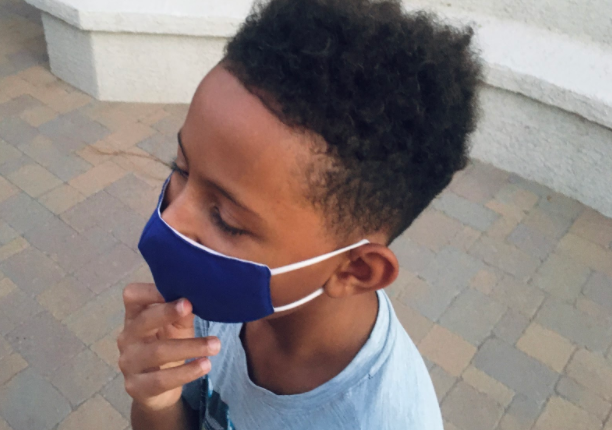The efficacy of surgical and cloth face masks for the general public has been heavily researched, and the results vary.
Breathing and talking produce small liquid particles called aerosols. Larger droplets can be produced by coughing or sneezing, called respiratory droplets. Dr. Tommy John says that face masks in surgery are used to catch large particles that can result from coughs, sneezes, or if something were to fall out of a mouth. Face masks are effective in preventing respiratory droplets from spreading in large particles. Aerosols, however, can make their way through the weaving in surgical and cloth face masks.
Many virus molecules are small enough to get through the fabric of cloth and surgical face masks. A 2020 study published in the Nature Medicine journal found that face masks can significantly reduce the transmission of respiratory droplets in coronaviruses and influenza, but not as much in aerosols. This leaves a potential mode of contamination.
The size of COVID-19 virus particles ranges from 65-125nm. The N95 masks worn by healthcare workers can filter about 85% of particles smaller than 300nm, according to an article published by Science Daily. A new membrane designed to be applied to the N95 masks has been developed by researcher Muhammad Mustafa Hussain and colleagues. This membrane can filter particles from 5-55nm, which is effective for COVID-19 particles. However, N95 respirators are reserved for healthcare workers at this time. For the general public, the World Health Organization states that “[masks] should be used as part of a comprehensive strategy of measures to suppress transmission and save lives; the use of a mask alone is not sufficient to provide an adequate level of protection against COVID-19.”
Masks are not a replacement for social distancing. People can still be infected with the virus while wearing a mask or around others who are wearing masks. While an agreed-upon method to defend against COVID-19 among experts is being debated, surgical and cloth masks for the general public are not a sound singular strategy to prevent COVID-19 completely.



























